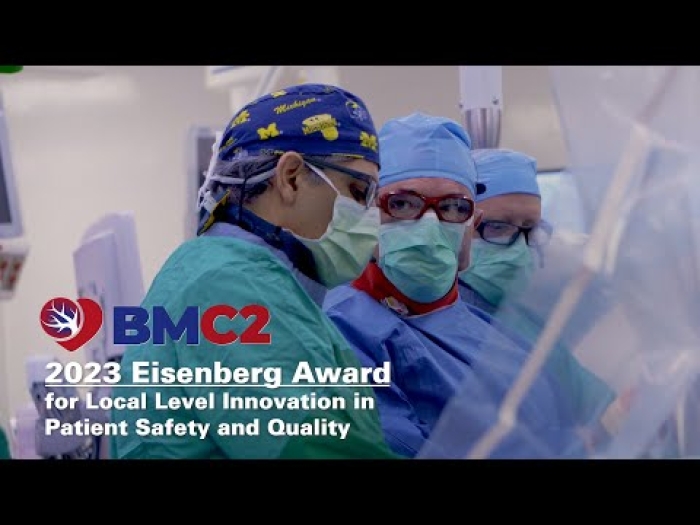
"When I read my own chart, I was struck by the pessimism of its opening line: 'This unfortunate 5-month-old infant.'"
Karin Muraszko, M.D., Julian T. Hoff, M.D., Professor and chair of neurosurgery, and professor of pediatrics and communicable diseases and of plastic surgery, wrote an article for CNN about defying expectations as a doctor with spina bifida.
"This is an association, not causality… but we don't want people to conclude that pesticides cause A.L.S."
Eva Feldman (Ph.D. 1979, M.D. 1983, Fellowship 1988), the Russell N. DeJong Professor of Neurology and director of the A. Alfred Taubman Medical Research Institute, was quoted in the New York Times, regarding her study on the link between pesticide exposure and risk of A.L.S
"It is increasingly possible to meet the new standard of successful prostate cancer treatment: cure with quality of life."
Patrick W. McLaughlin, M.D., professor of radiation oncology, on a study he published about how the use of MRI could improve quality of life in prostate cancer patients.
"We'll make progress not only in answering key questions about different microbiomes … but also in engaging the general public and science students in learning and training for future careers."
A U-M scientist, Thomas Schmidt, Ph.D., professor of internal medicine, of microbiology and immunology, and of ecology and evolutionary biology, on U-M joining the National Microbiome Initiative.





